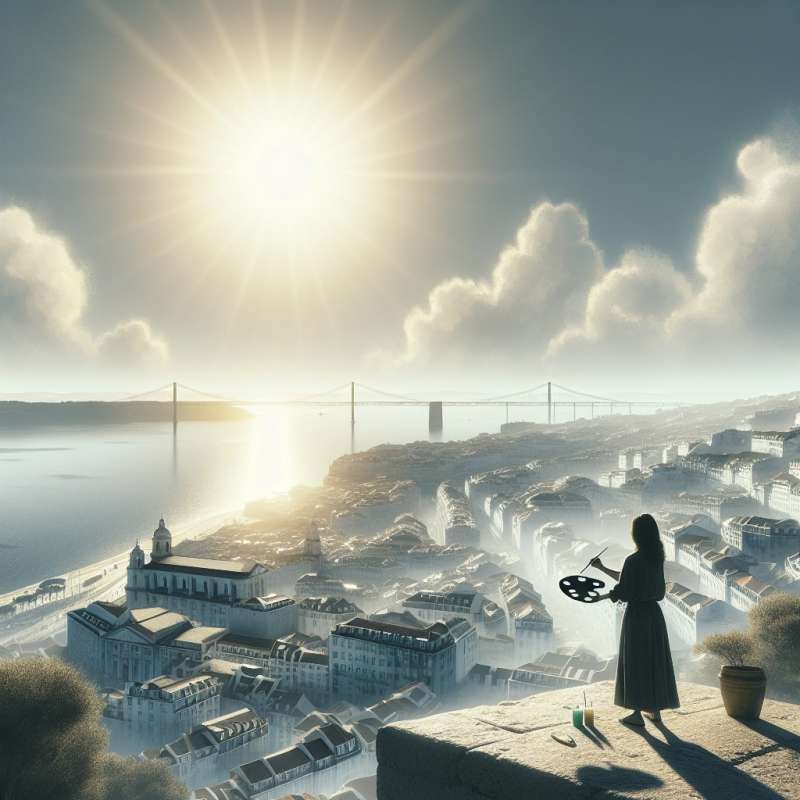
Lisbon's Ancient Origins
Founded by Phoenicians around 1200 BC, Lisbon is older than Rome. Initially named 'Allis Ubbo,' meaning 'safe harbor,' it reflects the city's long-standing maritime significance.
The Great Lisbon Earthquake
In 1755, Lisbon was struck by a devastating earthquake, followed by a tsunami and fires. It killed thousands and led to pioneering earthquake-resistant construction methods by the Marquis of Pombal.
Lisbon's Fado Music
Fado, Lisbon's melancholic music genre, emerged in the 1820s. A symbol of the Portuguese 'saudade,' it's recognized by UNESCO as an Intangible Cultural Heritage.
Lisbon's Trams: A Symbol
The iconic Remodelado trams date back to the 1930s. Tram 28, a tourist favorite, rumbles through historic districts, offering a rolling tour of the city's charms.
Lisbon's 'White City' Nickname
Lisbon is known as the 'White City' due to its unique luminosity. The Tagus River and the prevalent limestone buildings create a reflective effect, amplifying light.
Revolution Without Bloodshed
The Carnation Revolution of 1974 was a nearly bloodless military coup in Lisbon, ending decades of dictatorship. Carnations were placed in soldiers' rifles as a symbol of peace.
Web Summit's New Home
Since 2016, Lisbon hosts the annual Web Summit, one of the world's largest tech conferences. This event cements Lisbon's status as a growing hub for innovation and entrepreneurship.
Who founded Lisbon originally?
Romans around 1200 BC
Phoenicians around 1200 BC
Greeks in the 2nd century AD
Company